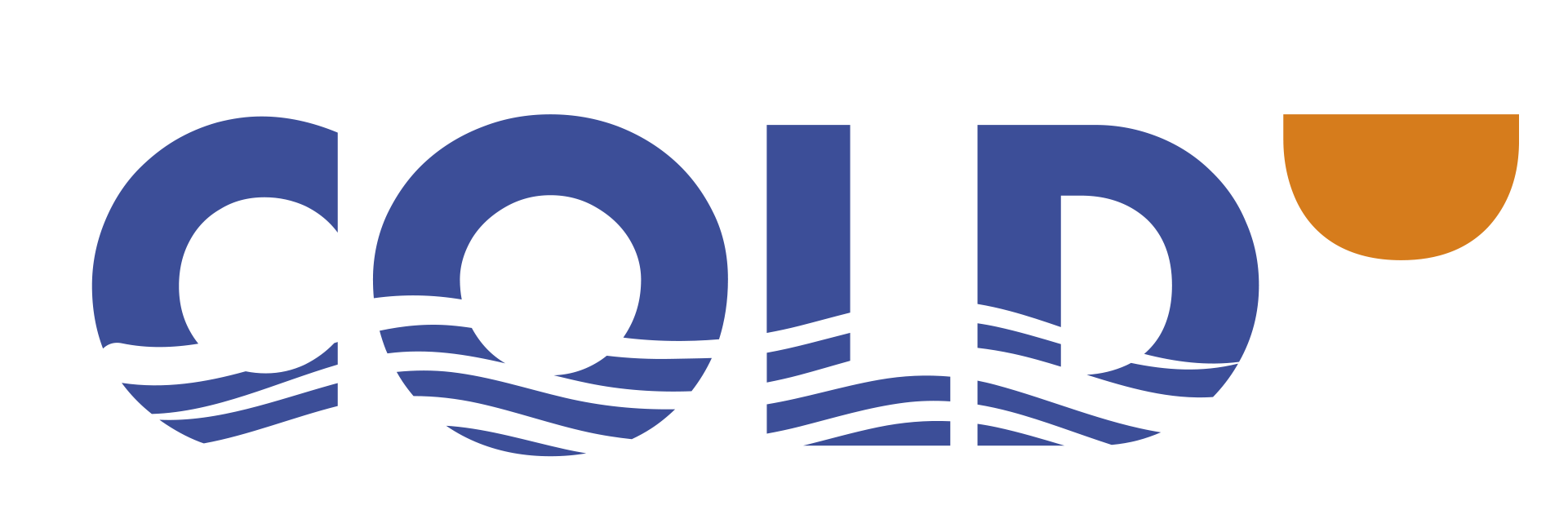
COL.D.D – Cold water swimming for the prevention of Dementia and Depression
Project Number: 101133918
Timespan of the Project: 01.11.2023 - 31.10.2025
Project E-mail: info@ceipes.org
Financial Program: Erasmus + Sport Cooperation Partnerships SCP
Objectives
The project aims:
- To promote Inclusion and Diversity by engaging isolated adults, particularly from vulnerable groups, in outdoor activities.
- To encourage a healthy lifestyle through cold-water swimming as a potential method to prevent and treat depression and dementia.
- To consolidate and translate existing cold-water swimming methods, equip professionals to conduct safe training.
- To assess the method’s impact on depression.
- To raise awareness, educate, build a supportive community.
- To collaborate with local organizations to promote a healthier lifestyle.
Activities
The project will engage in the following activities:
- Collecting Best Practices in cold-water swimming, breath control, and mindfulness for health benefits.
- Synthesizing, Adapting, and Translating these practices into consortium languages (French, Italian, Croatian, Austrian, and Czech).
- Conducting a Learning, Teaching, and Training Activity with two representatives from each organization in health, psychology, or sports.
- Implementing Project Workshops in partner countries, with subsequent adjustments to the self-help and training manuals based on workshop experiences
- Conducting both quantitative and qualitative assessments of participants before the project workshops and performing a follow-up, post-intervention assessment to realize a research paper which will be published.
Results
The project has yielded the following results:
- Methodological Guide on preventing dementia and tackling depression in people aged +50
- Manual in 6 languages about the new methodology
- COL.D.D. handbook providing professionals with an innovative tool on the topic
- Comprehensive research paper to spread the method
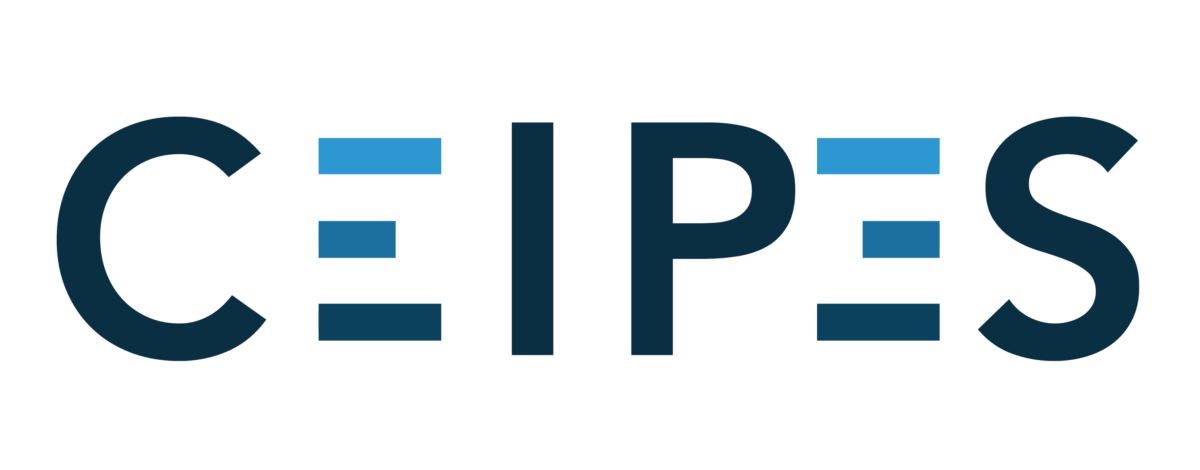
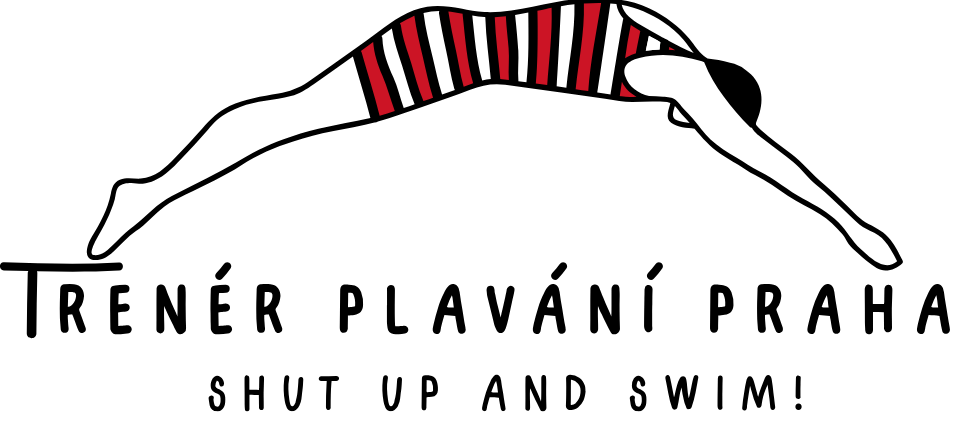

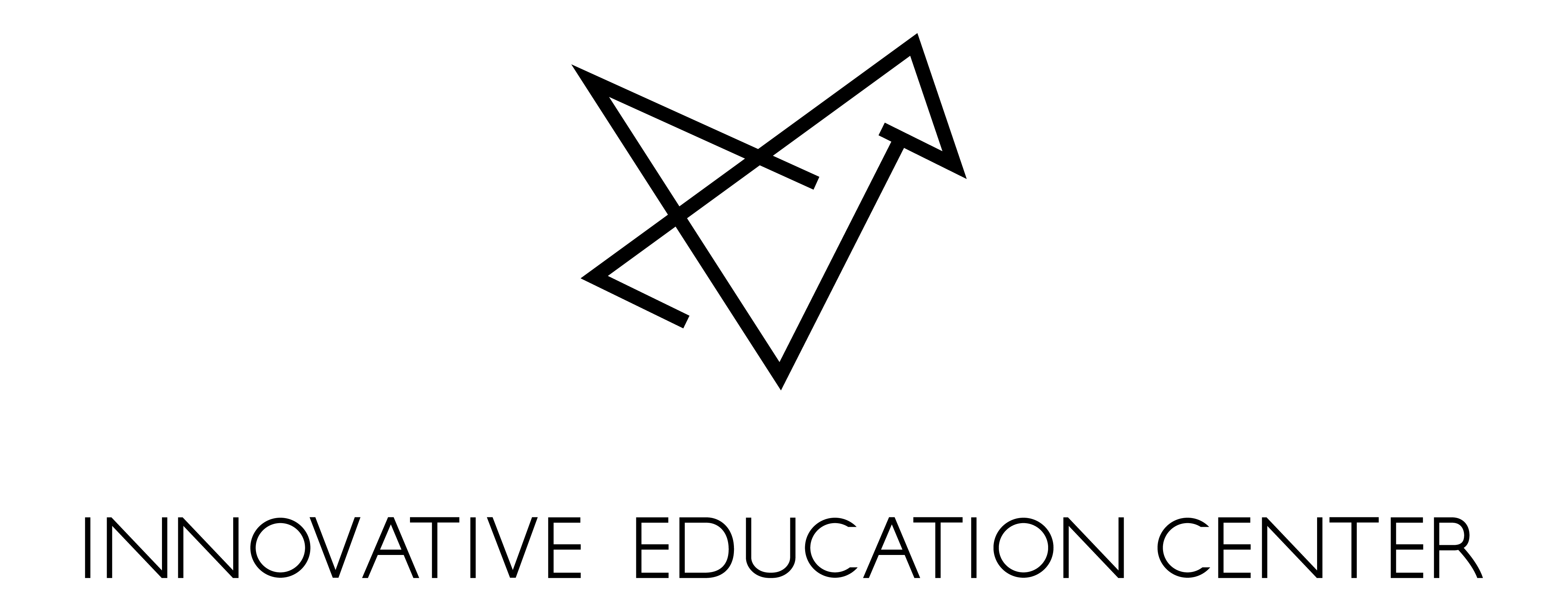
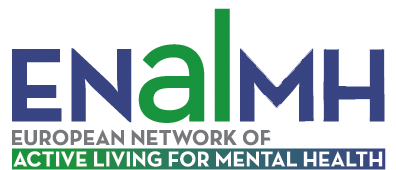
Funded by the European Union. Views and opinions expressed are however those of the author(s) only and do not necessarily reflect those of the European Union or the European Education and Culture Executive Agency (EACEA). Neither the European Union nor EACEA can be held responsible for them.

